The District Court for the Northern District of Texas has upheld the federal government’s ban on interstate transfers of handguns from federally licensed dealers to individuals, drawing the ire of one of the plaintiffs, the Firearms Policy Coalition (FPC).
The case, Elite Precision Customs v. ATF, was decided September 30 by United States District Judge Mark T. Pittman in Fort Worth. Background from Pittman’s decision:
“Federal law makes it a crime to sell, buy, or transport firearms in interstate commerce without a license. As a result, a customer who wishes to purchase a firearm while traveling out of state must arrange for the firearm to be transported to a licensed dealer in his home state. Here, Plaintiffs are two out-of-state firearm customers, one local company that manufactures and sells firearms [Elite Precision Customs], and an organization [FPC] that represents the interests of firearm owners throughout the country. They bring this suit challenging the interstate sale restrictions, arguing they [the restrictions] violate the Second Amendment.”
“In short, the Court holds that the Sale Restrictions do not function as a de facto prohibition on possession but rather a reasonable commercial restriction enacted by Congress,” said Judge Pittman in his decision. “Consequently, the Court holds that the Sale Restrictions do not violate the Second Amendment.”
Said FPC President Brandon Combs, “This ruling is nothing short of judicial abdication. The court chose to ignore the clear mandate of Bruen and instead applied the very sort of test the Supreme Court rejected three years ago. The right to keep arms inherently includes the right to acquire them, and federal regulations that prohibit peaceable Americans from purchasing handguns across state lines are patently unconstitutional.”
In this case, Elite Precision manufactures and sells custom firearms from Mansfield, Texas. It holds a federal license to do both. When Elite Precision has customers who reside in other states but want to buy a handgun from its store, it must advise the would-be customer that federal law prohibits a direct sale. Instead of selling directly to the customer, Elite Precision must structure the transaction to comply with federal law by arranging for the firearm to be sent to a Licensed Dealer in the customer’s home state. Once the firearm is delivered to a Licensed Dealer in the customer’s home state, they can then take possession of the gun there. Those extra steps make handgun purchases more expensive for out-of-state purchasers.
“We reject the fiction that infringing upon a fundamental, enumerated right is merely a ‘modest inconvenience’ that can be deferred to Congress. We will appeal this horrifically flawed decision to the Fifth Circuit,” Combs said.
The two individual plaintiffs have solid gun-handling bone fides. Freddie Blish is a retired lieutenant colonel in the United States Marine Corps who resides in Arizona. He travels around the country teaching courses on the safe handling of handguns for self-defense, according to the decision.
Tim Herron is a Grand Master in the United States Practical Shooting Association and a resident of New Mexico. He travels across the country to participate in shooting competitions and teach shooting classes. Like Blish, Herron often visits Licensed Dealers in states other than his own. Once or twice a year, he purchases a handgun from an out-of-state dealer by having the dealer ship the gun to a Licensed Dealer in New Mexico. The process adds $30–40 to the cost of the purchase and prevents him from taking immediate possession of the handgun, the court said.
That transaction fee total seems about a third to a half of the real costs shipping and logging gun purchases cost retail customers, Gun Tests FFLs say. Many receiving FFLs charge at least $50 per gun to log in a customer’s out-of-state purchase, and shipping is rarely below $25, not including insurance.
More worrisome, according to FPC, is that despite the clear mandates of the Supreme Court’s binding Bruen opinion, the Trump Administration defended this unconstitutional regulatory scheme by arguing that this fundamental, enumerated right can be dismissed as merely subject to “reasonable commercial restrictions” and a “minimal burden on the right to acquire arms.”
Plaintiffs sued the ATF, the attorney general of the United States, and the acting director of ATF (the Government), seeking a permanent injunction of the sale restrictions. Plaintiffs contend that the Sale Restrictions violate the Second Amendment of the United States Constitution and are therefore void and unenforceable. FPC brings its claims on behalf of customers and dealers who hold membership in the organization. Because no factual issues arose in this case, the court ordered the parties to brief the legal issues before ordering summary judgment for the government.









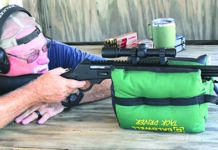
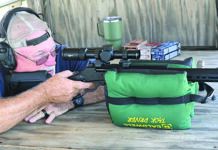





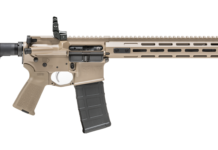




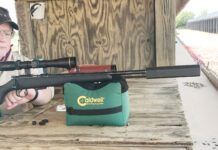


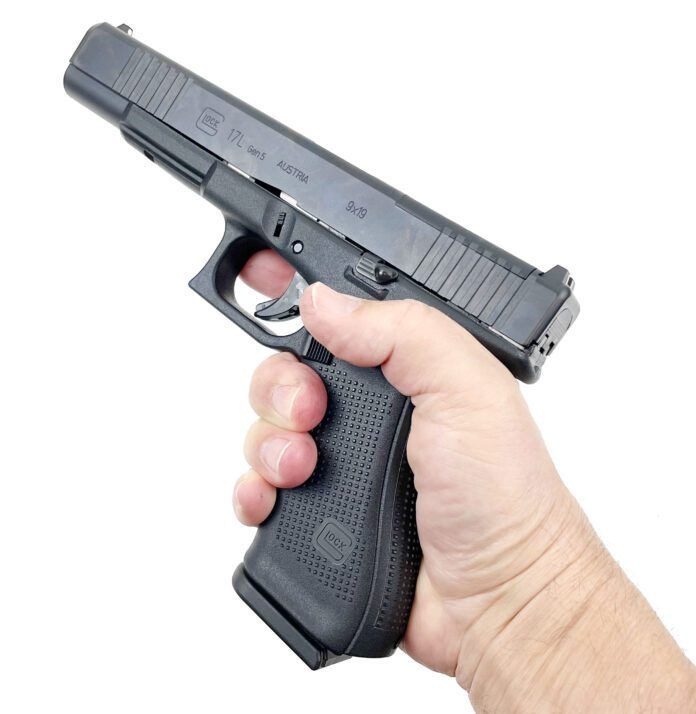

I seem to always be confused when it comes to the English language used in the constitution . It seems like when lawyers become Judges they can no longer understand the simple phrase “shall not be infringed”. Perhaps the framers should have said
“if it has guns in the description you are prohibited from using any writing device to create a law or ban against any part of it” and then add 200 extra words of legalese to make sure that said lawyers and judges are happy. Yep, “infringed” is a really hard word to understand!
One wonders why automobiles, alcohol, etc aren’t similarly restricted from out of state purchases? We don’t require out of state beer to be shipped to a licensed bar in your home state before you can drink it, even though it is a restricted product (adults only – proof of age required). Same with automobiles. Both can be deadly if misused, no one cares if your from out of state when you purchase and take possession immediately. These are not protected by the Bill of Rights specifically like firearms. So this clearly shows that our right to purchase firearms out of state is ‘infringed” and subjected to discrimination compared to alcohol and automobiles.
One wonders if there are any intelligent life forms in the judiciary any more.